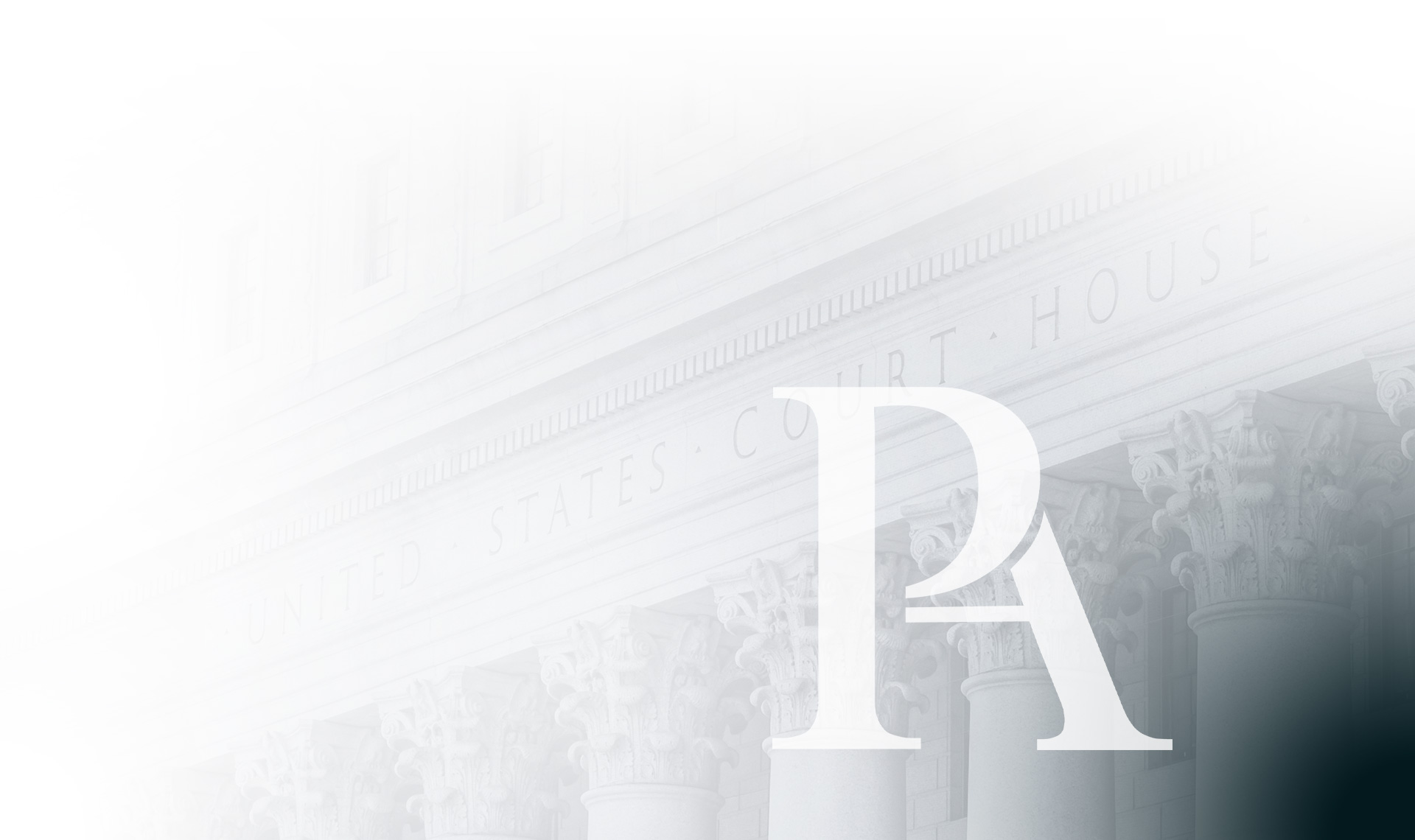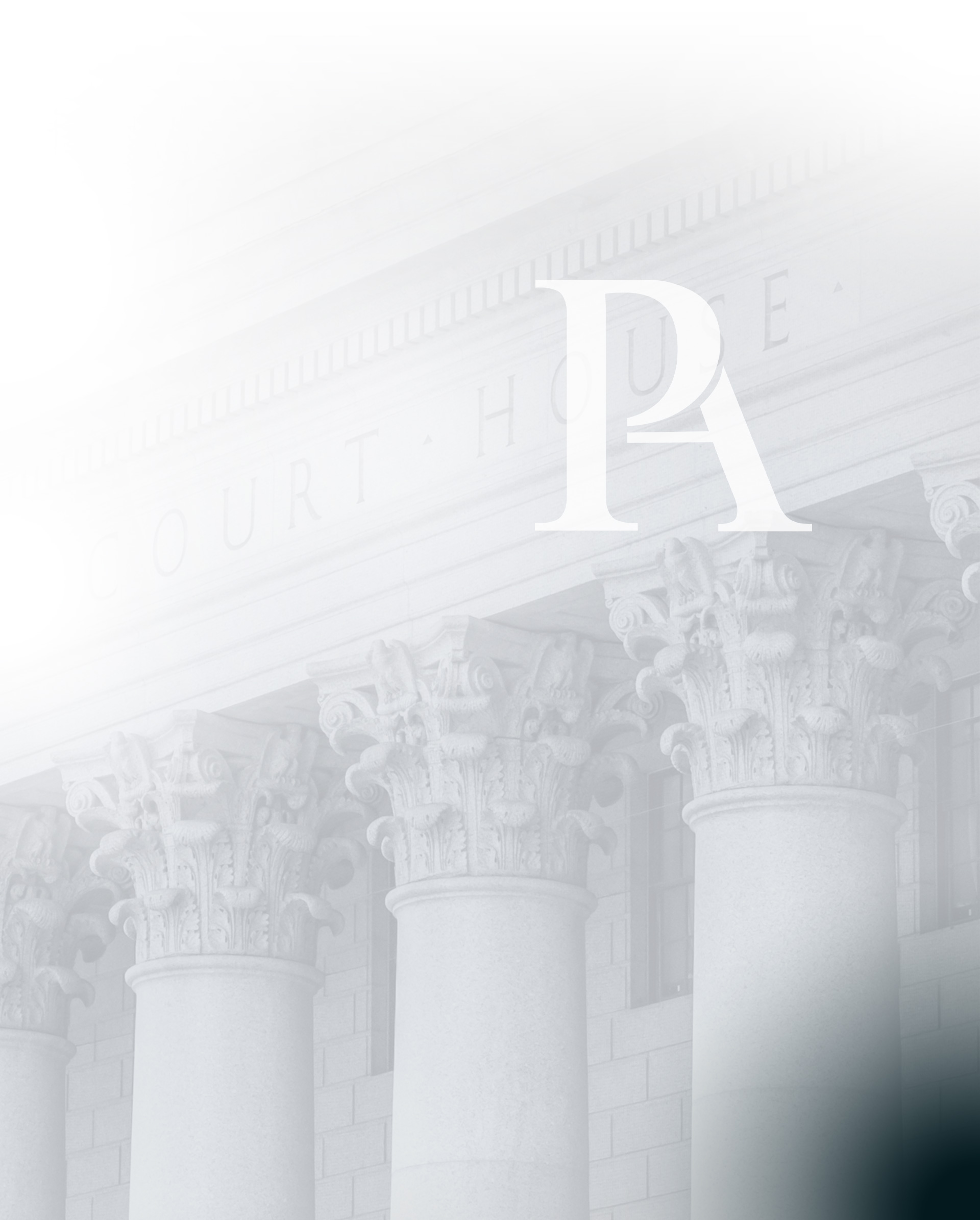Understanding Your Rights Against Workplace Racial Discrimination
An employer cannot treat you adversely because of your race, national origin, or color. This means you cannot be fired, denied a promotion, excluded from company opportunities, or otherwise treated unfavorably due to your race.
You should also never have to deal with a hostile work environment, which might develop if your boss or other employees start to treat you in ways that make it harder for you to do your job. You may be experiencing a hostile work environment if your peers or manager make frequent references to or comments about your race.
Your employer has a legal obligation to take steps to prevent hostile work environments from developing and quickly resolve hostile work environments that do emerge. In other words, if you report the existence of a hostile work environment to your boss or HR department, and no action is taken, your employer has likely discriminated against you.
Keep in mind that your employer cannot legally fire you for reporting racial discrimination of any kind. Taking adverse action against an employee who reports misconduct is considered “retaliation,” and you may have a separate legal claim if you are punished for speaking out.
What Evidence Is Needed To Prove Racial Discrimination In A Federal Workplace?
It is imperative to collect specific and substantial evidence in order to establish racial discrimination in government employment. As skilled Pitre & Associates race discrimination in federal workplace lawyers in Washington, DC, we help our clients navigate this complex procedure by making sure all required paperwork and evidence are carefully gathered.
First, it can be persuasive to present actual evidence of racial bias, such as clear-cut remarks or behaviors. This can include explicitly racist rules, written messages, and comments made by coworkers or superiors that are discriminatory toward a specific race.
On the other hand, concrete proof isn't always accessible. Circumstantial evidence becomes crucial in these situations. This entails demonstrating patterns of discriminating behavior or practice. Examples include receiving repeatedly negative performance assessments in comparison to peers of different races, being denied promotions, or engaging in discriminatory hiring practices. Your claim may also be strengthened by statistical evidence demonstrating a difference in the outcomes or treatment of employees of different races.
Documenting any complaints you file with HR or upper management, along with their reply, might also be very important. Building a solid case requires keeping a thorough record of all incidences, including dates, times, and witnesses.
Witness statements from coworkers who have seen discriminatory conduct can bolster your arguments even further. These testimonials ought to be in-depth and consistent with your experiences.
You can get assistance from our team of federal employment law attorneys specializing in racial discrimination in gathering and presenting this evidence. We are dedicated to making sure that your rights are upheld and are aware of the subtleties of federal employment regulations. Speaking with one of our knowledgeable attorneys can provide you with the direction and support you need to seek justice if you think you have been the victim of racial discrimination.
Proving race discrimination in the workplace requires a detailed and strategic approach. While direct evidence such as derogatory remarks may be rare, comprehensive documentation can create a compelling narrative. This includes maintaining a journal of incidents, compiling emails or messages, and gathering data on comparable situations involving colleagues of different races.
Witnesses play a vital role, providing third-party insights that support your narrative. Consultation with a Washington, D.C. racial discrimination attorney can help in identifying and articulating patterns that may not be immediately obvious but are nonetheless pervasive and indicative of a discriminatory workplace environment. Understanding the nuances of employment law, particularly as it pertains to federally regulated workplaces, is essential in mounting a strong claim.
Seek Legal Help for Racial Discrimination in Washington, D.C.
Racial discrimination is unacceptable in all its forms, and our team at Pitre & Associates, LLC can help you hold your employer accountable. In many cases, you can file a claim with the federal Equal Employment Opportunity Commission (EEOC) or your territory’s equivalent enforcement agency.
A claim can help you recover compensation for many types of damages, and, if you were fired on racial grounds, you may even be able to secure reinstatement. After reviewing the details of your circumstances, our Washington, D.C. racial discrimination lawyer will recommend the most advantageous course of action and assist you throughout the process.
You only have a limited amount of time to file a racial discrimination claim, so do not wait to call (202) 759-6544 or contact us online. Flexible payment options are available.
FAQs About Racial Discrimination Lawyers in Washington, D.C.
How Can I Report Racial Discrimination in Washington, D.C.?
Reporting racial discrimination involves several crucial steps. Initially, employees should consult their company's human resources department to file an internal complaint. It's essential to document all incidences of discrimination meticulously, noting dates, times, and any witnesses, to support your claims.
Should internal mechanisms prove insufficient, filing a complaint with the D.C. Office of Human Rights or the Equal Employment Opportunity Commission (EEOC) is advisable. These agencies can conduct thorough investigations and determine whether legal action against racial discrimination in Washington, D.C., is warranted.
What Protections Does the D.C. Human Rights Act Offer?
The D.C. Human Rights Act provides broad protections against racial discrimination, ensuring that individuals are treated equitably in various aspects of life, including employment. This local law surpasses many federal standards, covering areas such as hiring, promotions, and workplace conduct.
It empowers employees to seek redress and holds employers strictly accountable for discriminatory practices, fostering a more inclusive work environment for diverse populations across Washington, D.C.
What Steps Should I Take After Experiencing Workplace Discrimination?
When facing workplace discrimination, proactively building a strong claim is vital. Begin by documenting each incident comprehensively, detailing the nature of the discrimination and including any relevant communication like emails or texts.
Seek counsel from trusted colleagues, as they may corroborate your experiences, strengthening your position. Additionally, familiarize yourself with company protocols on discrimination to ensure you are following the appropriate steps for resolution. Consulting a legal professional will guide you in understanding your options and forming an actionable strategy.
How Does the EEOC Handle Discrimination Claims?
Upon receiving a discrimination claim, the EEOC initiates an investigation to assess the validity of the complaint, often involving interviews and evidence gathering. Should the investigation find reasonable grounds, the EEOC may facilitate alternative dispute resolution or take legal action against the employer.
Understanding this process will help prepare employees for the steps involved in achieving a resolution, emphasizing the importance of thorough documentation and the potential outcomes of refuting workplace discrimination legally.
What Are Common Misconceptions About Racial Discrimination Laws?
One prevalent misconception is that racial discrimination only encompasses overt acts or explicit bias, when it may also involve covert policies or systematic practices yielding unequal outcomes. Others mistakenly believe that filing a complaint can lead to immediate unfair treatment; however, laws are in place to safeguard against retaliation.
It's crucial to be well-informed about the full spectrum of discriminatory practices recognized by law, including those less visible yet equally damaging to affected employees.




